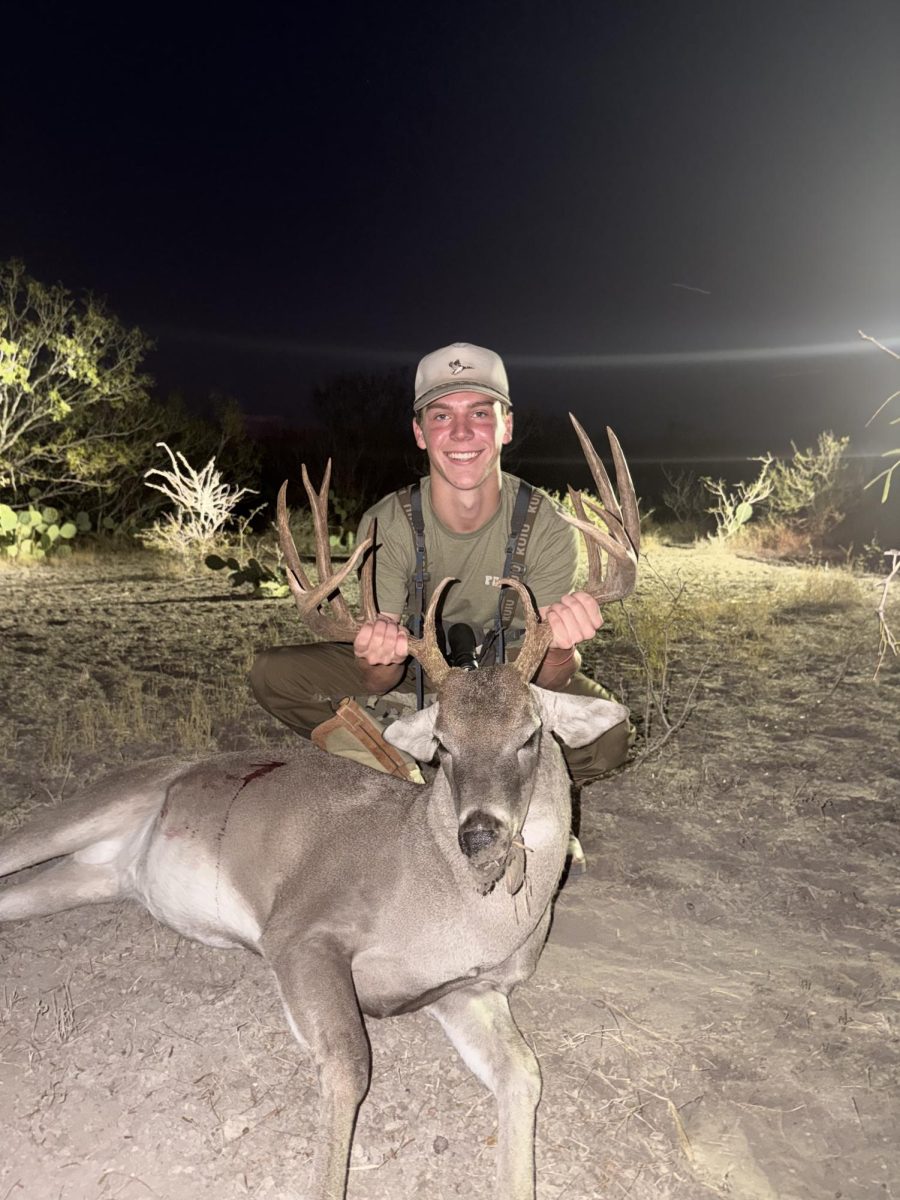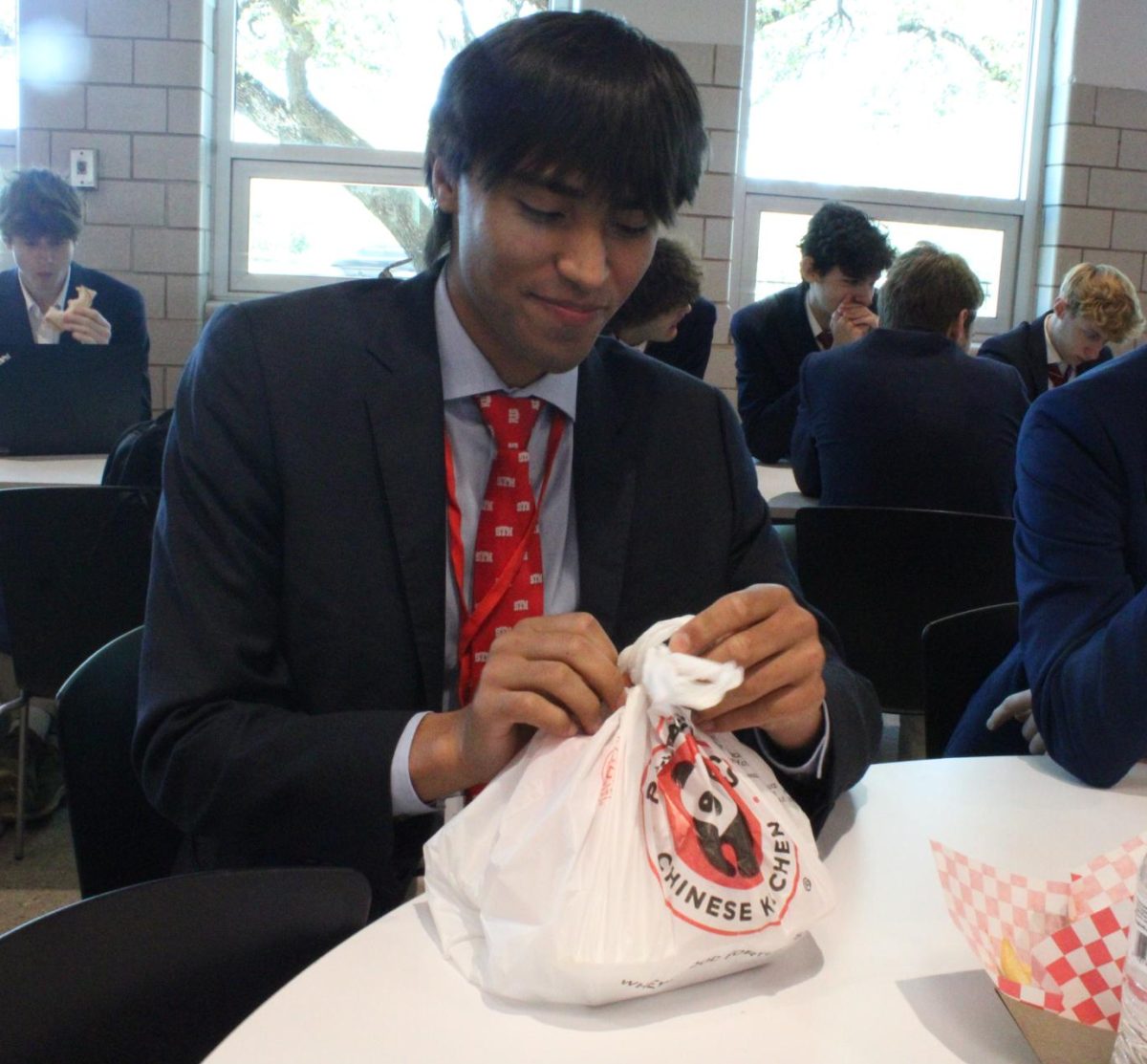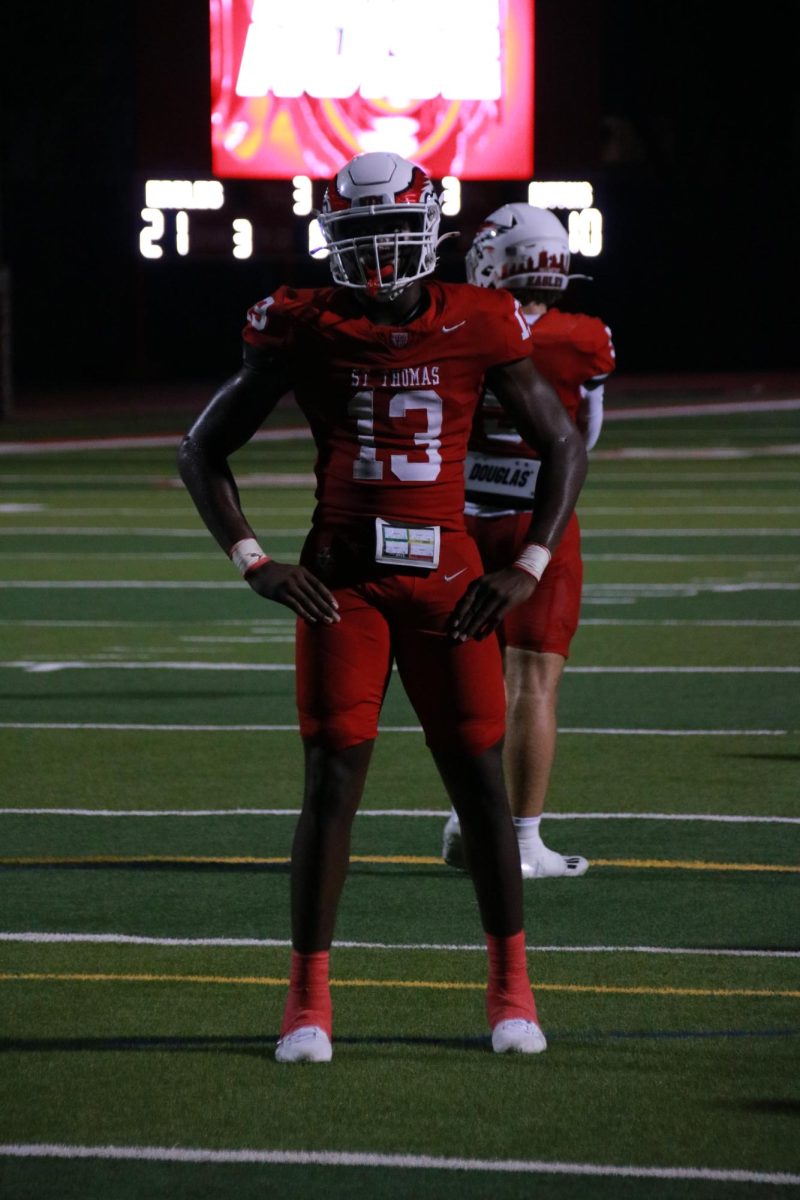The journey of a thousand miles begins with a single step. But without discernment, how can we be sure which path is ours to take? When most people today think of discernment, what usually comes to mind are people who receive a calling to become a priest. However, discernment stretches far beyond the priesthood and encompasses all vocations within the Church, such as the married life, the single life, and the religious life. Also, discernment is not exclusively a Christian idea and can apply to anyone looking to understand the multiple paths in life and which one they should choose. Therefore, even though discernment exists in many different forms, they are all beneficial as it allows a person to confidently choose what path they should take in life.
Before we look at the different forms of discernment, it is important to know what discernment actually means. The word discernment comes from the Latin word “discernere,” which means to separate or sift. Thus when someone discerns something, they seek to sift between what is important or true from what is not.
“Whenever I think of discernment, I think of the quote by Kevin Levrone who said ‘One time in my life, I felt that what was my purpose and sometimes you graduate out of high school and look for that job? You look for that career, that college, that degree, and you still question is this my purpose?’” Jackson Ryals ’26 said.
Discernment in the religious context refers to someone seeking to understand which vocation or way of life God has called them to be a part of and often involves self-reflection, prayer, and listening to God. However, what’s important for discernment is that the person choosing makes a decision based on their own free will and that their decision reflects their gifts, talents, and passions and is true to what they want to do, not what society or someone else expects them to do.
“To me, discernment is praying and listening. The key word is to listen to God’s call. Sometimes, we think we know what we want, but are we following God’s will?” Mr. Hernendez ’08 said.
Along with prayer and self-reflection, another aspect of discernment in the religious context is understanding the difference between the three vocations within the church, which are the married life, the single life, and the religious life. While the married life and the single life are pretty straightforward, the religious life encompasses a large spectrum of different roles within the Church, which can prove challenging to those trying to understand which role they should choose.
While one can research the different religious roles, which include priests, deacons, bishops, monks, and nuns, another way to learn more about the different orders within the church is by touring a seminary, where men are trained to be deacons, priests, and bishops, touring a convent, which is where nuns reside, or touring a monastery, which is where monks reside. Another way to learn more about the religious life is by asking people who are a part of the religious life about their discernment or their experience in the Church or by researching notable people within the Church, such as the saints or other important religious figures and how their discernment impacted their decision to dedicate their lives to Christ and His Church.
“When I toured the seminary with the Ad Alteri Dei Society, I felt that it gave me a good insight into what life would be like as someone training to become a priest, and I really encountered a sense of the fellowship among the seminary students, especially during meals and at Mass,” Nicholas Requenes ’25 said.
Discernment is beneficial as many people, depending on their upbringing, feel pressured to choose one vocation over another within the church. However, using discernment, a person can shut out the expectations family members or society may have on them and freely choose a vocation that is suited to them, aligns with their gifts, talents, and passions, and is true to what they want to do.
“Thanks to discernment, I can choose my vocation with confidence knowing that is the way of life God has called me to be a part of,” Kale Mazurek ’26 said.
However, discernment is not strictly exclusive to those seeking to understand their place in the church and can apply to anyone trying to make a tough decision in their life. For example, a senior in high school applies to multiple different colleges throughout the country and gets accepted to many high-level colleges. However, that student now has to discern which college they actually want to attend, which is a tough decision to make as whatever college they choose to attend can impact their future career and their experience at college.
“I’ve applied to maybe 10 or so colleges but to ones I get accepted to, it’s going to be very challenging to choose which college I go on to attend, especially if I accepted to multiple top colleges like UT or Vanderbilt,” JP Fonseca ’25 said.
A student could discern which college they want to go to by touring the college, interacting with people who have attended that college and asking about their experience at the college and the impact it had on their development, and researching how high the college is ranked in relation to the degree they intend on studying. Therefore, discernment can help as that student is able to sift through their options and come to a decision about which college to attend. This is beneficial as it can allow the student to be confident in their decision, knowing that they have made the right decisions and understand the reasons behind their choices.
“It will be challenging in the spring to go through all the colleges that have accepted me and make a final decision about which one I want to go. But thanks to discernment, no matter what college I end up attending, I know that it will be the best fit for me,” Peter Bryant ’25 said.
Overall, discernment, whether or not it is in the context of vocations, major decisions, or even everyday decisions, is incredibly important as it allows someone to make decisions with confidence, knowing that they exercised proper understanding and judgment in order to make a decision that aligns with their gifts, talents, passions, and goals. It is also important to note that discernment may not always be implicitly referred to by that name, but that does not mean it is not at play, as discernment happens whenever anyone makes a decision that requires them to reflect on their options and make a decision that is true to their strengths and passions and what they want to do.















